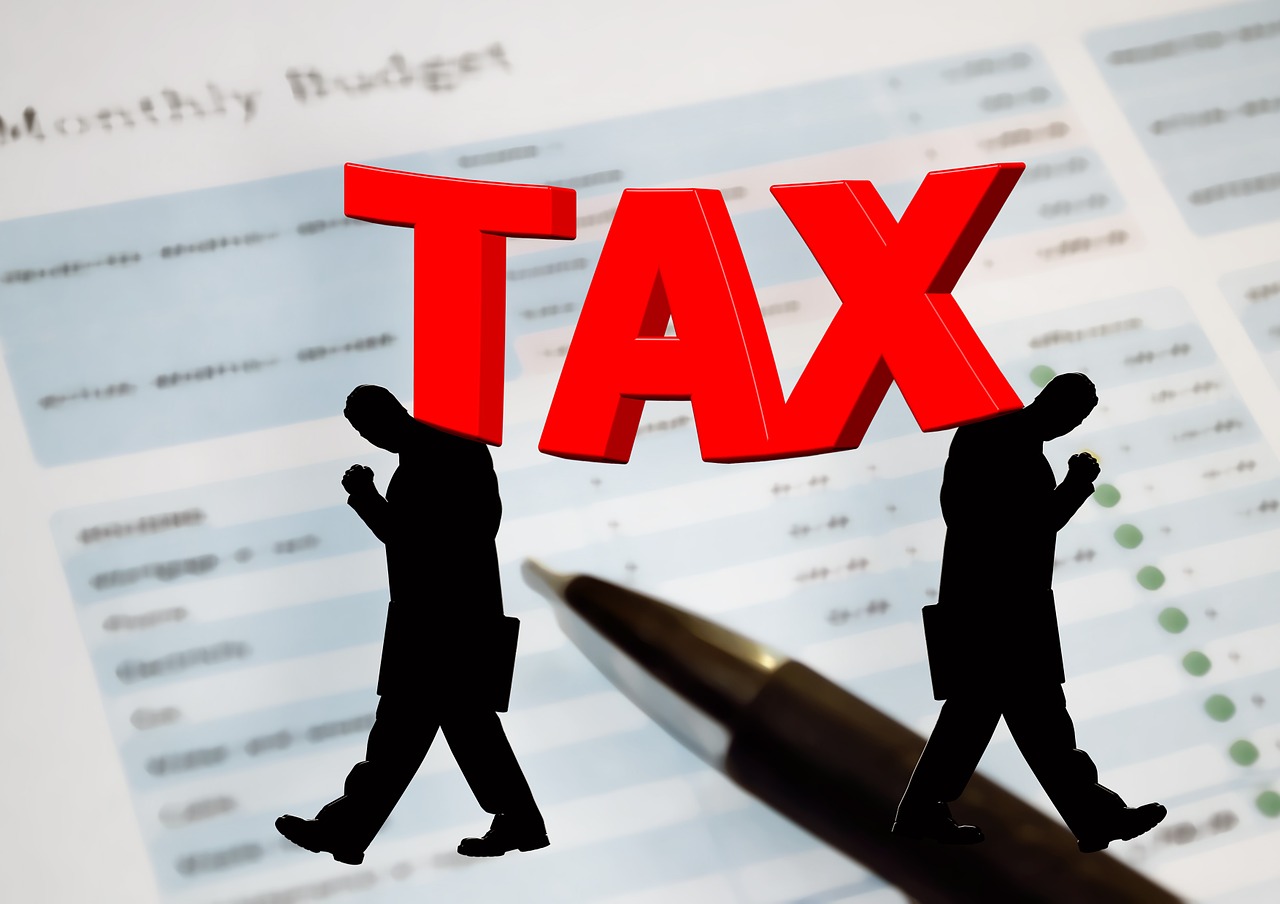Paying taxes in the UK can be burdensome for a US citizen. Not only do you have to worry about how to file your US taxes from the United Kingdom, but you also have a slew of new questions to address.
US expat tax accountants specialize in navigating complex international tax laws, ensuring that Americans living abroad remain compliant with IRS regulations while optimizing their financial strategies.
So, if you’re an American living and paying taxes in the United Kingdom, we’ve put together this basic but essential guide for you. If you’re a US citizen who is living in the UK and filing taxes, read on!
What US Citizens Who are Paying UK Taxes Should You Know About the UK’s Tax System?
Her Majesty Revenue & Customs (HMRC) is the UK counterpart of the IRS. The HMRC is the United Kingdom’s primary revenue collection agency, responsible for collecting taxes, administering various regulatory frameworks like the national minimum wage, and disbursing some forms of public assistance and welfare, including issues related to obtaining a UK tax number.
The tax year in the United Kingdom runs from April 6th to April 5th. If you file your tax return electronically, you must file it by January 31st of the year after the end of the tax year. If you are filing your tax return on paper, you must complete and file it by October 31st of the year after the end of the tax year. There is no automatic extension for filing your UK tax return, but if you meet specific criteria, the HMRC may eliminate the late filing penalties. The HMRC examines each case on its own merits.
You will need to apply for a National Insurance number to work in the United Kingdom and, as a result, file your tax returns. You will enroll for a number through Jobcentre Plus. You’ll need identification, proof of marriage or civil partnerships, and proof of residency.
The UK tax system is similar to the US tax system in that you pay tax on your salary, wages, business revenue, and investment income when you earn them. Pay As You Earn (PAYE) taxes are a type of payroll tax. PAYE is a payroll system that incorporates your income tax and social security obligations. The tax system is progressive, which means that the more money you earn, the greater your tax rate becomes. National Insurance will be discussed later.
Couples who are married are unable to file a combined tax return. Although each person is responsible for filing their tax return/assessment as needed for their income, there is a marital allowance that permits one spouse to shift some personal allowance to the other.
Who is Required to File a Tax Return in the United Kingdom?
Individuals receive tax return forms from HMRC. If the HMRC determines that you have paid enough tax through payroll withholding, they will not issue you a tax form, and you will not be required to file a return unless you have more income or circumstances.
If you have additional sources of income, such as self-employment or investment income, you must submit a tax return and pay the taxes associated with such income. You may also be required to file a tax return in the following circumstances:
- Renting out a property as a source of income
- Profits from the sale of stock, a second home, or other assets that result in a capital gain
- While you were living in the UK, you generated income from non-UK sources.
- If you or your partner earned more than £50,000 and you claimed child benefits,
- Your annual income was at least £100,000
Donations to charity, private pension payments, and job expenditures over £2,500 are all common deductions.
You must register with the HMRC online if you have not gotten a tax form from the HMRC but need to file one. Because a verification PIN must be mailed to the taxpayer, the registration procedure takes 10-14 days to complete. If you need to register online, do it as soon as possible to avoid fines for late filing.
Who Can Be Considered a UK Resident?
The rules given by HMRC in the UK are used to determine if you are a UK resident. In general, your residency will be established by your long-term goals and the number of days you are physically present in the United Kingdom. Each day is considered as being present in the UK at midnight in the UK.
- If you spend 183 days or more in the UK and do not plan to stay for more than two years, you are a resident for the tax year. You will not be deemed a resident for tax purposes if you spend less than 183 days in the UK.
- If you spent 91 days or more per year in the UK on average during the last four tax years, you will be deemed a resident for tax purposes. If you intend to spend more than 91 days in the UK on average every year, you will be classified as a resident for tax purposes from the day of your arrival.
- If you plan to stay in the UK for at least two years, you are considered a tax resident from the day you arrive.
Are You An American Working in London and Need Assistance with Your Taxes?
Taxes for Expats is here to help you with your taxes. Let us know if there is anything else we can do to assist you! With our guidance, it’s easy to understand the tax system in the UK and how this will affect Americans living abroad. We also have resources on many other topics that relate specifically to expat life overseas — all you have to do is ask!



 Bitcoin
Bitcoin  Ethereum
Ethereum  Tether
Tether  XRP
XRP  Solana
Solana  USDC
USDC  Cardano
Cardano  TRON
TRON  Lido Staked Ether
Lido Staked Ether  Avalanche
Avalanche  Toncoin
Toncoin